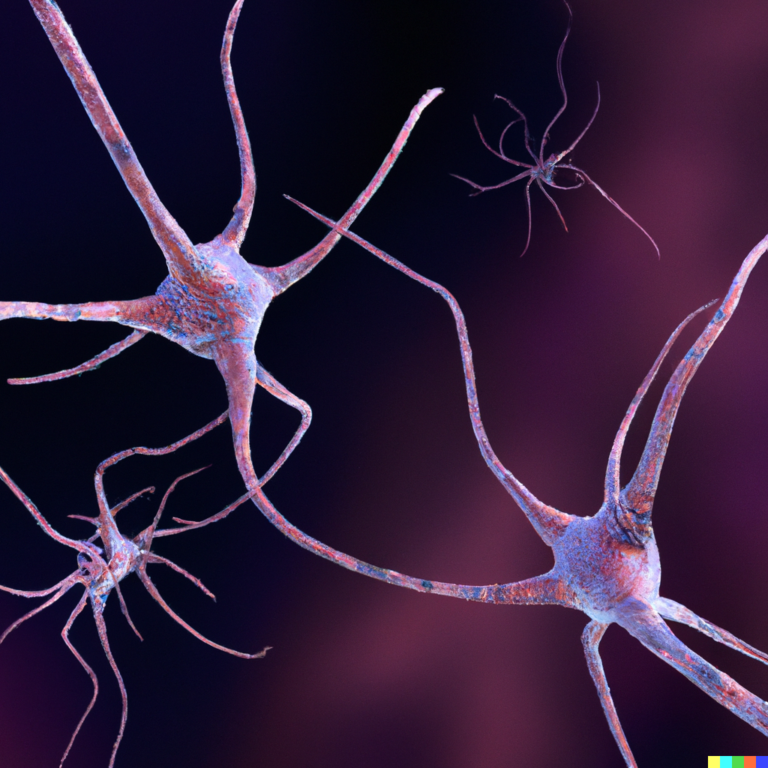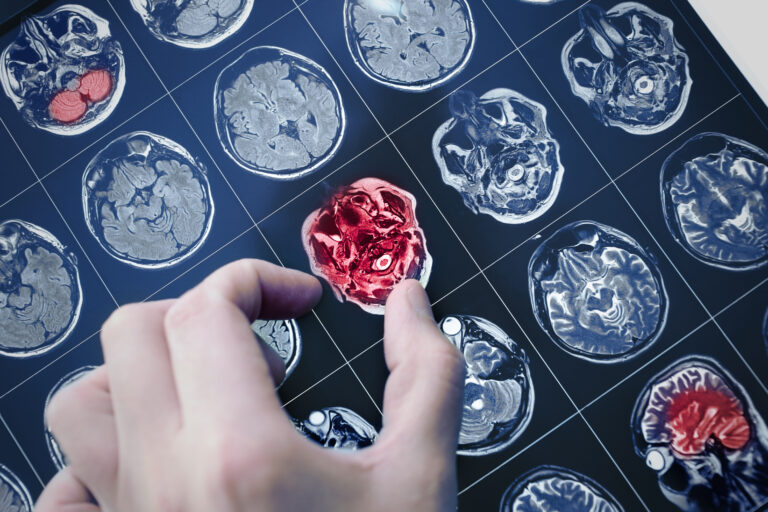Brain fog is a common condition that affects many people, causing symptoms like forgetfulness, confusion, and difficulty concentrating. It’s often mistaken for dementia, but the two are quite different. While dementia is a progressive condition that affects memory and cognitive function, brain fog is typically a temporary state of mental fatigue.
Brain fog can be triggered by a variety of factors, including stress, hormonal changes, poor sleep, and nutritional deficiencies. It’s also linked to certain medical conditions, such as migraines, fibromyalgia, and chronic fatigue syndrome. Even conditions like rheumatoid arthritis can cause brain fog due to inflammation and the body’s response to the disease.
One of the key differences between brain fog and dementia is that brain fog is often reversible. By addressing the underlying cause, whether it’s a lack of sleep, a poor diet, or a hormonal imbalance, people can improve their mental clarity and reduce symptoms of brain fog. Lifestyle changes such as regular exercise, a balanced diet, and adequate rest can significantly help alleviate brain fog.
In addition to lifestyle changes, certain supplements can support brain health and help reduce brain fog. These include vitamins like D, C, and B, minerals such as magnesium, and herbs like Ginkgo biloba and ginseng. Omega-rich fish oils and hemp-sourced CBD products are also being explored for their potential benefits in supporting brain function.
Understanding the science behind brain fog is crucial for managing its symptoms effectively. It involves recognizing that brain fog is not just a matter of being tired or distracted, but rather a complex interplay of biological and environmental factors. By acknowledging these factors and making conscious choices to improve overall health, individuals can regain their mental clarity and function at their best.





